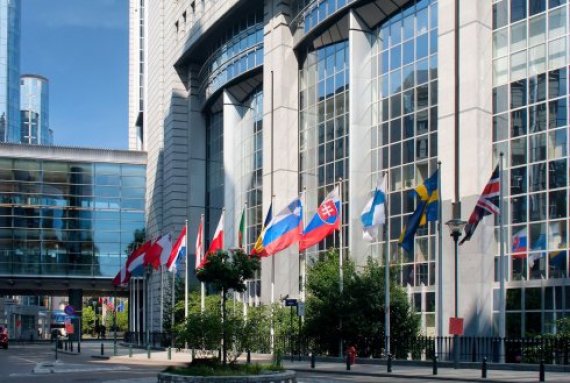It is time to revise the current European agricultural policy, observe Poppe and Fresco, because it does not receive enough support from the public. They propose a change that would strongly lower the direct income aid to farmers. Lowering the income aid is necessary because of Brexit and the shift of priorities in Europe, but also to release funds for the social services of farmers.
Ecosystem services
Poppe and Fresco plead for the subsidising of ecosystem services, rural development and healthy food. Farmers should be able to sign long-term contract with the government concerning matters such as nature conservation, water resources management, landscape conservation and cultural heritage. Those subsidies can often be determined by national or regional authorities, based on the specific needs of a country or region, where the only task of Brussels is to check the expenditures.
Krijn Poppe is an agricultural economist at Wageningen Economic Research (up until recently known as the LEI) and Louise Fresco is a writer and the president of the Executive Board of Wageningen University & Research.
Editor Albert Sikkema interviews Krijn Poppe
Large landowners
The authors are against a flat rate, in which all European farmers would receive the same subsidy per hectare of agricultural land. This seems fair, but according to Poppe and Fresco, this is not the case in real life scenarios, as the agricultural productivity and land prices strongly vary around Europe. According to Poppe, large landowners should no longer rake in most of the European subsidies. The authors have nothing against the use of income aid as a way to alleviate poverty in the countryside, for example in Romania; and it might even be desired if it would diminish migration. By specifically spending European funds on social goals, the support from the public will increase.
Provision of services
This is why Poppe and Fresco want to make the provision of social services by farmers more explicit. The current European agricultural policy already includes a ‘second pillar’ for rural development, which includes the payments for the agricultural nature conservation, among others. The authors split the current agricultural policy into three pillars: income aid, ecosystem services (such as nature conservation) and rural development. In addition, they introduce a new pillar focused on the consumption of healthy and sustainable food and a fifth one for monitoring and research. The second pillar includes the climate-smart agriculture, to accommodate for the consequences of climate change on the food supply. The third pillar includes the regional policy to restructure agriculture, such as a fund for sustainable pig farms in De Peel or Poland. A fourth pillar could focus on the lifestyle of consumers with healthy eating patterns.
Higher prices
As an economist, Popper expects that all in all, this new agricultural and food policy will lead to slightly higher food prices. But higher prices are necessary to develop a food chain in which the consumer pays the true price of food and the farmers can also make a decent living. Farmers, supermarkets and consumer associations should be able to arrange these food chains together in new European policy.

